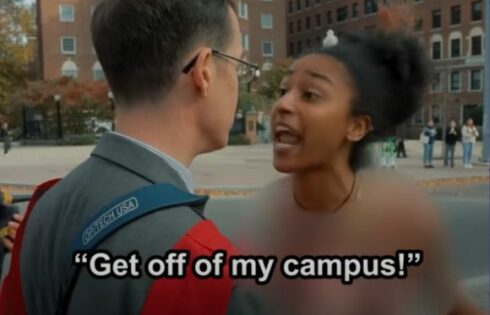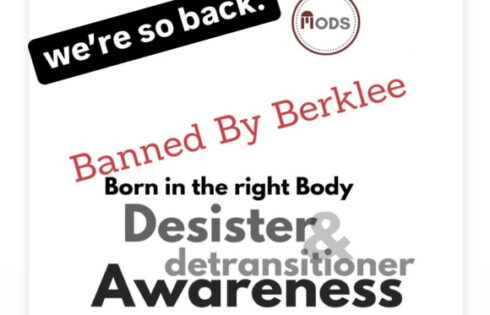
‘John Doe’ wants jury to see college was not acting ‘in good faith’
Boston College found a silver lining in last summer’s appeals court ruling that approved a male student’s lawsuit for due process violations in his Title IX proceeding: the gender bias claims were dismissed.
But it still faces a potentially multimillion-dollar payout as the case goes to a federal jury trial, depending on the scope of evidence the judge allows.
Student newspaper The Heights reports on the latest filing by plaintiff “John Doe,” who was on assignment for the newspaper when he was accused of reaching up a female student’s skirt on a dance floor.
The college insists that the trial only take into consideration two pieces of evidence on the breach of contract claim. They relate to the “allegedly improper communication between” two officials, Dean of Students Paul Chebator and Senior Associate Dean of Students Carole Hughes, both of whom have since left the college.
Doe, by contrast, wants the jury to hear “far more” in order to make the case “comprehensible,” and demonstrate that Boston College’s errors were more than just “procedural,” according to the Heights.
That includes Hughes’ refusal to investigate Doe’s allegations that another male, “J.K.,” admitted to him that J.K. actually grabbed the woman. Hughes said the adjudicators should put J.K. “at ease” because he was being interviewed as a witness, not a suspect.
He also wants the jury to hear about “information Hughes and others were privy to in the wake of the allegations emerging … six examples of events that took place prior” to Hughes communicating with Chebator.
Hughes had asked Chebator if the college had ever issued a “no finding” decision, and the dean responded that there was indeed such precedent but he “discourage[d]” such decisions. Doe was found responsible and suspended after that conversation.
MORE: 1st Circuit slaps down BC for dean telling adjudicators how to rule
Doe cited a trial ruling in favor of an accused student in a similar case against nearby Amherst College, arguing that he has made an “exculpatory and complete defense”:
If this case has to do with procedural errors rather than a more conscious effort to prevent Doe from exercising his rights at his hearing, that would mean the University was acting “in good faith.” In such a scenario, that would mean that Doe was properly charged and properly found guilty—“[defeating] the purpose of the trial on the claims remanded by the First Circuit [Appeals Court].”
Doe also wants to introduce evidence related to the college’s obligation to provide “basic fairness” under the “implied covenant of good faith and fair dealings imposed on every contract in Massachusetts law,” including the college’s contract with Doe.
His expert witness, the Title IX consultant Brett Sokolow, is taking an unusual tack by bringing up gender-bias complaints in Sokolow’s testimony. Despite the 1st Circuit throwing out those claims, they are important for the jury to consider because “gender bias affects the entire outcome of the case.”
The college is scheduled to submit its own brief next week.
MORE: Judge vindicates ‘blacked out’ Amherst student expelled for rape
IMAGE: S_Photo/Shutterstock





Please join the conversation about our stories on Facebook, Twitter, Instagram, Reddit, MeWe, Rumble, Gab, Minds and Gettr.